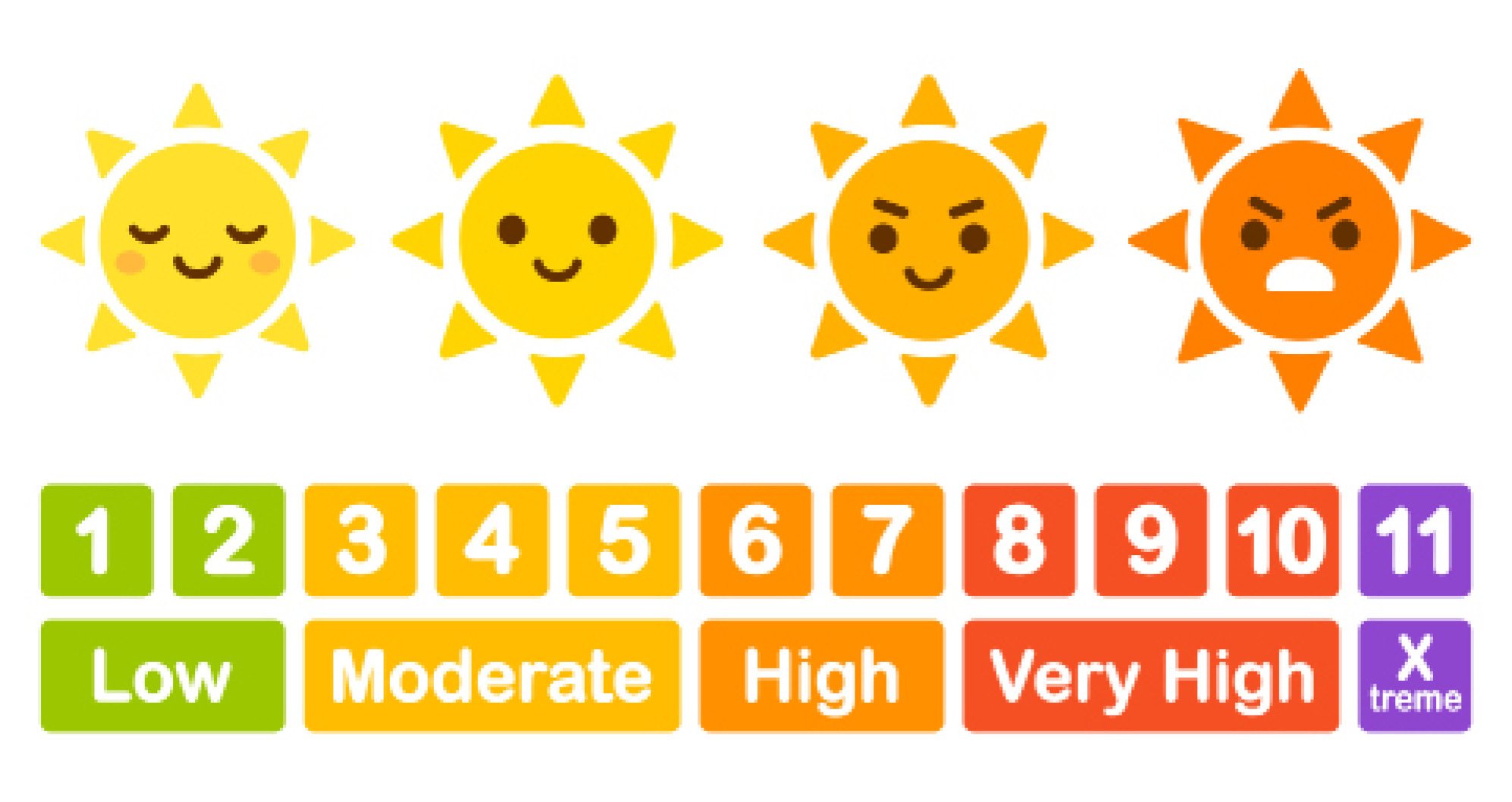UV Index Scale
UV Index Scale
Let’s get phygital: The future of the beauty industry?
You’ve probably heard the term “UV” when people talk about sunscreen, but do you know what it is, how the index scale works, or how it can affect your skin?
Since the strength of the sun’s UV rays varies from day to day, scientists came up with a way to indicate how strong UV rays are at a certain time. The UV index measures the intensity of the sun’s UV rays and, consequently, the likelihood of getting sunburned
What is the UV index scale, exactly?
According to the World Health Organization, it considers aspects including:
- the sun’s height in the sky
- the time of year
- cloud cover
- altitude
- the thickness of the ozone layer and ground reflection
Then, it condenses all of this information into a single number for you to quickly assess.

What does the UV index mean, and how do we read it?
The UV index essentially measures how strong the sun’s UV rays are; the stronger they are, the more damage they can do to your health. The index values are grouped into 5 levels of risk:
- Low (0–2)
- Moderate (0–5)
- High (6–7)
- Very High (8–10)
- Extreme (11+)
The higher the number on the scale, the stronger the sun’s rays are forecasted to be – and the more sun protection you’ll need to defend against exposure to harmful UV light.

UV Index & Skincare Implications
How does this all relate to your skincare routine? Well, even a brief 15-minute exposure to UV radiation can harm your skin and raise your risk of developing skin cancer.
Sometimes, we can see and feel sun damage shortly after it occurs:
- Changes in colour (such as tan, pink, or red)
- Skin that’s hot to the touch
- Pain, swelling, and tenderness
- Blisters filled with fluid that can pop
Therefore sunscreen should always be a part of your morning skincare regimen, but be sure to amp up your application with a broad-spectrum sunscreen to defend against both UVA and UVB rays when the index presents an increased risk.


Want to know what the UV index is of your current location, or somewhere else?
All iPhone users can check the UV Index of any location in the world, including their current location, by utilizing the default weather app.
It has an extended weather details section that can be accessed by scrolling down, and among the detailed weather specifics now resides UV Index as well.
Documentation
RAHN-Good-to-Know: UV Index Scale
Your personal contact

Sandra Gut
Senior Application Laboratory Manager Cosmetics
RAHN (UK) Ltd.
